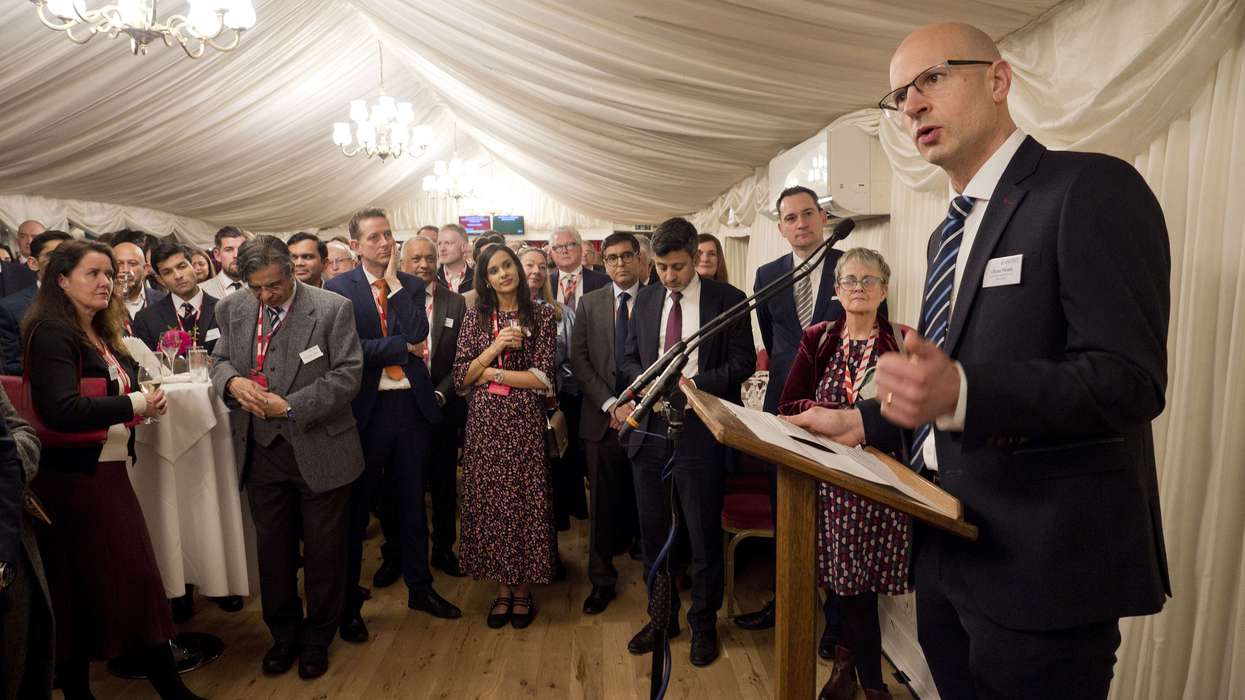By Jeremy Holmes
Addis Ababa, capital of Ethiopia, was a lot cooler than the UK when I went on a trade mission in early July. But with a population of 126 million and growth rates of 6-8 per cent, its health sector is hotting up fast.
The UK healthcare delegation included Baroness Ramsey, the prime minister’s Trade Envoy to Ethiopia and a former Council member of the Royal Pharmaceutical Society.
Drug shortages in Ethiopia are pervasive, even in the WHO categories of Essential Medicines. One of the largest retail pharmacy chains, Droga, which also operates as an OTC manufacturer and an importer, has regular supply problems with oncology, CVS and diabetes drugs. They also have to contend with the dumping of diclofenac and other drugs by Chinese firms. In the hospital sector there are recurring challenges with anaesthetic drugs, and access to second line antibiotics is a widespread problem.
But things are improving, especially for exporters from the UK. 85 per cent of all drugs are imported. Only three local manufacturers are GMP approved by the WHO and local production tends to be clustered in the same product categories.
In some categories where there is high demand, such as eyedrops, there are no local suppliers at all. Other countries in East Africa, including Kenya (which shares a border with Ethiopia) and Uganda, are on to the eyedrop opportunity, but there is a huge unmet need.
Levels of health insurance are also growing through two government sponsored schemes, and investment in the healthcare infrastructure, especially the government supplies agency EPSS, alongside pooled procurement systems, is increasing.
And that’s not to mention the new African Medicines Agency which recently opened its doors in Kigali, Rwanda, a development warmly welcomed by the Ethiopian FDA. They believe it’s going to accelerate much-needed efficiency and harmonisation in regulation.
I asked the Ministry of Health why UK suppliers should consider Ethiopia a priority export market - in its own right but also as a gateway to the half billion population of the East African region.
Yewedalem Tesfaye, a senior adviser to the Minister, said Ethiopia is “committed to facilitating the importation of high-quality, critical health products from reliable partners like the UK”. The Ministry is also calling on UK investors to strengthen domestic and regional manufacturing, especially for specialised medicines, and engage in technology transfer, particularly for vaccine production.
The Ethiopian Investment Commission is actively promoting public/private partnerships, a “One Stop Shop” for inward investors and the Special Economic Zone for pharmaceuticals at Kilinto. And there is support from the International Finance Corporation.
In pharmacy, the Ethiopian Pharmaceutical Association is pushing for regulation to be de-coupled from government and for pharmacists to be allowed to vaccinate, although there are still serious workforce shortages in medicine.
But therein lies another opportunity for UK players. The Ethiopian medical profession is vastly over-stretched. Pharmacy expertise, facilities and drug supply are, and will continue to be, in great demand. Someone stepping in to address that demand could find themselves with a really hot ticket.
Jeremy Holmes is an economist and former CEO & Registrar of the Royal Pharmaceutical Society. His 2024 report on the opportunities in Kenya, Uganda, Tanzania and Rwanda is still available at www.abhi.org.uk/resource-hub/file/17375.












